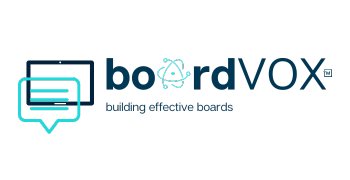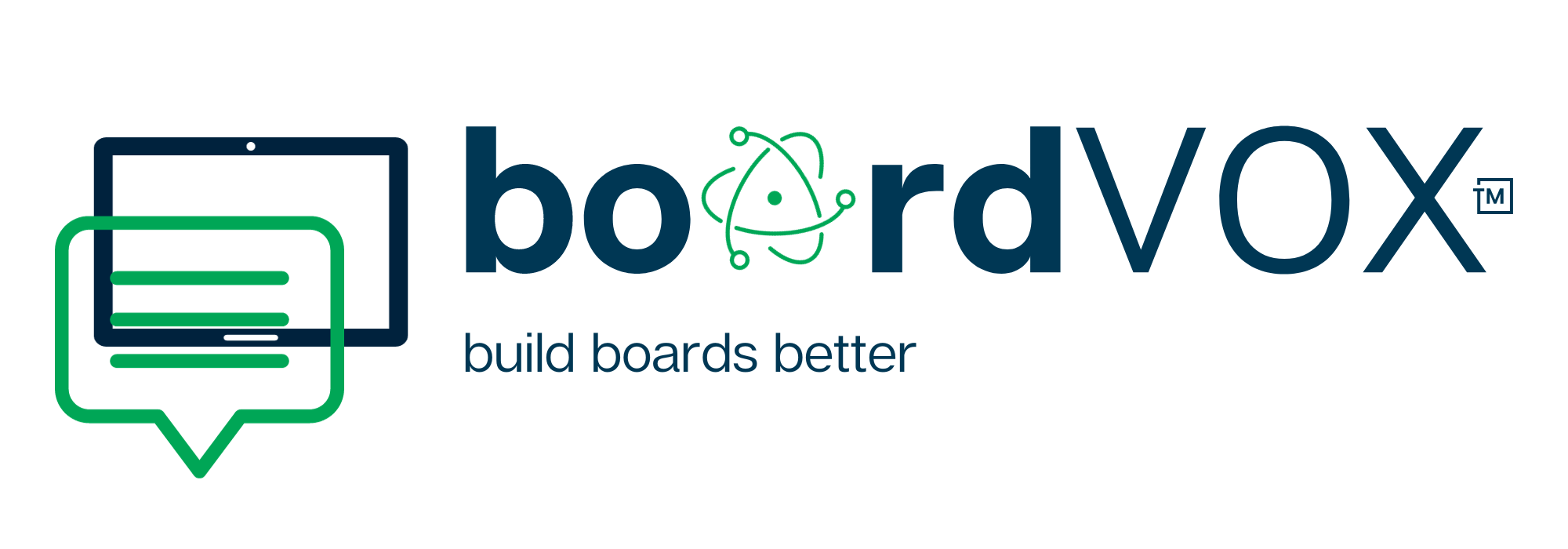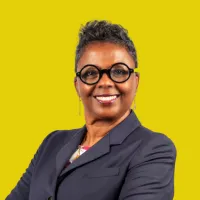Empowering
Good Governance Through You
... one board at a time
Download the Checklist and take the first step toward joining the Become Board Ready Program.
Download the Checklist and take the first step toward joining the Become Board Ready Program.
How we help
We are the
Voice, Tone and Expression of Good Governance
helping organizations to realize their full potential
by educating, informing, and supporting boards,
directors, and c-suite leaders
with the training, tools and services
to create the best value for today and the future.
How we help
We are the Voice, Tone and Expression of Good Governance
helping organizations to realize their full potential
by educating, informing, and supporting boards, directors, and c-suite leaders
with the training, tools and services to create the best value for today and the future.

Board & Director
Training
We support directors and c-suite leaders to be their best in the boardroom with coaching, workshops & online training.

Board Performance
Tools
We administer board evaluations, board improvement plans and provide technology to support improving board performance.

Board Operating
Support Services
We support boards to become more effective by offering services such as retreat facilitation, policy templates and admin tools.
Let's reimagine the future of board development.
We believe that every director holds the key to unlocking extraordinary boardroom potential. We also believe that the power to unlock sustainable economic growth resides with people just like you right there in the boardroom. Reputational risks are at an all time high. And board service is important work deserving of the best hearts and minds.
That's why we're making governance easier for smarter boards by helping directors embrace their profound responsibility and forge a path of independent thinking, ethical leadership and championing good governance.
Become Board Ready
This checklist is your entry point to the
Become Board Ready Program ...a guide designed to empower directors and aspiring board members to excel in their governance roles.
Empower yourself to:
Elevate Your Governance Expertise: Master the key principles that drive effective board leadership.
Strengthen Board Dynamics: Foster alignment, trust, and a shared understanding in the boardroom.
Confidently Navigate Your Role: Clarify your responsibilities and deliver value with confidence.
Enhance Strategic Oversight: Stay focused on purpose, accountability, and long-term success.
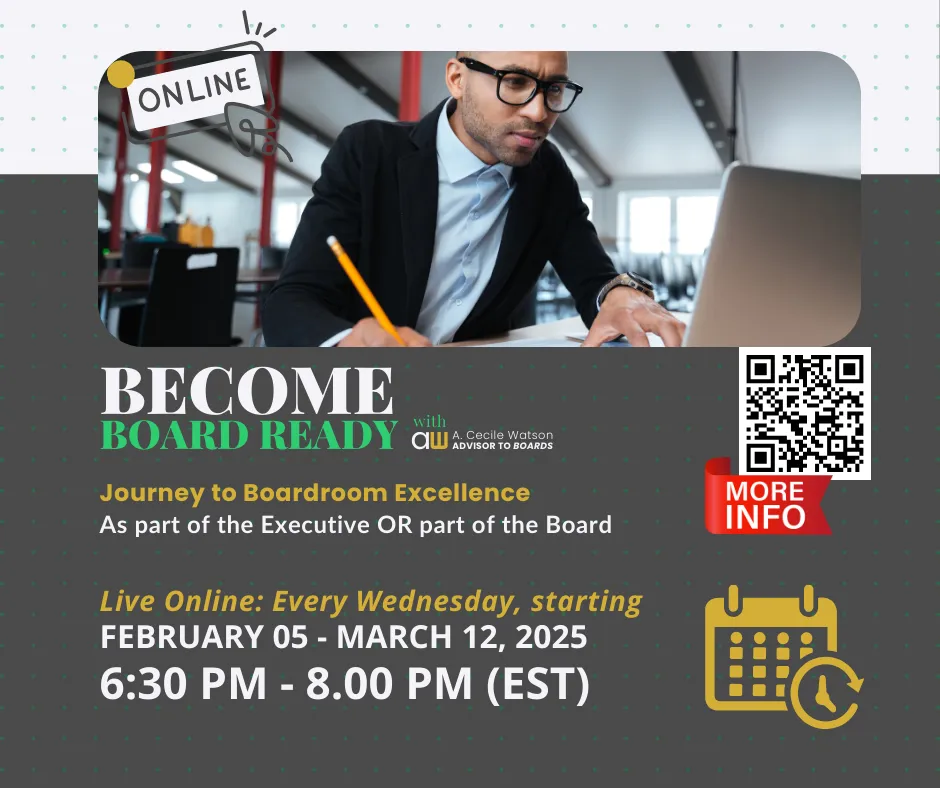
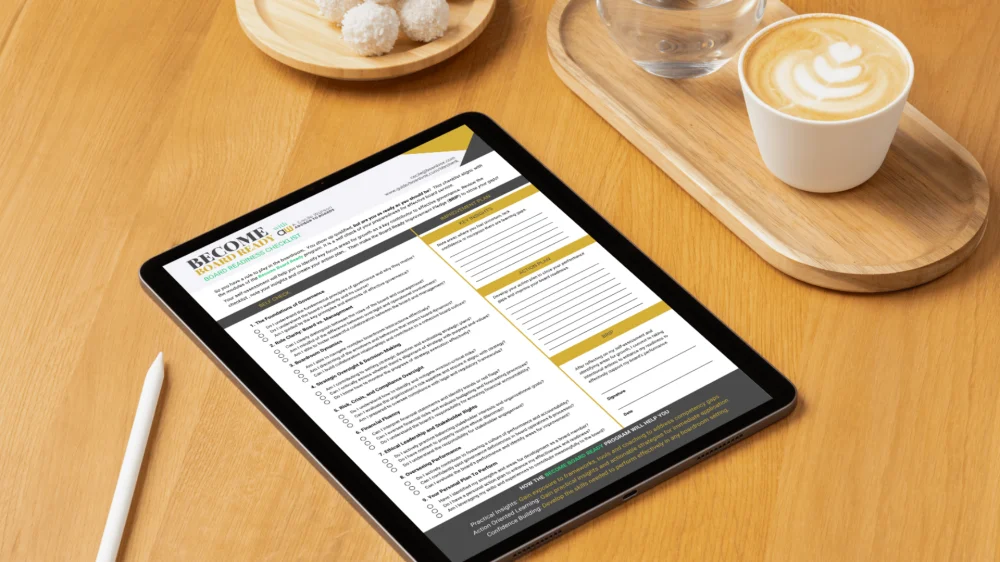
This checklist is aligned with the proven modules of our Become Board Ready program, so you can start assessing and addressing your readiness immediately.
Complete the form and you'll receive the Board Readiness Checklist directly in your mailbox.
Privacy Disclaimer:
We respect your privacy. The information you provide will only be used to deliver your checklist and occasional updates about governance insights and resources. We will never spam you, sell, or share your information with third parties.

RED FLAGS IN THE BOARDROOM CHECKLIST
Add this to your Board Engagement Toolkit to have a handy guide empowering you to:
Identify potential governance risks early
Be vigilant and avoid corporate governance failures.
Uphold the highest standards of transparency and ethics.


The Voice That Governs: Your Duty to Speak, Test, and Be Challenged
Good governance, everybody's business!
Look around your board table. Every decision you sign off on carries the weight of the conversation you allowed, encouraged ...or didn’t make room for.
That’s the power of The Voice That Governs. It’s not just the sound of your opinion. It’s the impact you make through the expression of your duty: how you speak up, listen well, and test what’s presented.
And in such a room where some perspectives land more easily than others, your responsibility is two-fold:
to ensure you are not silenced, and
that you’re not crowding out those with something important to say.
This article invites you to consider what impact you're making in the rooms you show up as an influencer and/or a decision maker.
A. The Right To Challenge. The Right To Be Challenged
Boards don’t reach their best decisions through consensus. They get there by surfacing different views, testing them, and sharpening their judgment in the friction of conversation. That discipline depends on directors speaking up and boards creating the space to hear and challenge what emerges.
Some of the most public governance failures didn’t lack for red flags. However they lacked a culture where those flags could be raised, and truly heard.
By example ...
At Theranos, several employees and technical experts flagged serious concerns about the functionality of the company’s blood-testing technology. While directors were briefed on strategic progress and public branding, internal dissent about the science never meaningfully shaped board conversations. The board had financial, military, and diplomatic luminaries ...but no forum for technical challenge. The culture that invites dissent was weak.
At Wells Fargo, the board received reports documenting inflated sales practices and questionable incentive structures as early as 2013. Internal investigators and whistleblowers raised the issue repeatedly. But cultural and structural barriers inside the company, and a boardroom that didn’t elevate safe dissent, meant these concerns never led to timely action. When the scandal eventually unraveled, the cost to reputation, customer trust, and shareholder value was severe. Again ... the culture that invites dissent was weak.
These weren’t merely cases of poor information. Opinions were present. What was missing was a governance culture where challenging and being challenged was treated as a duty. And that's an essential expression of effective stewardship.
B. Empowering The Voice That Governs
Every director, every leader, has seen it: a valuable perspective is raised, and instead of being explored, it’s discounted or passed over.
Five common behaviors that shut down opinions:
A defensive reaction that shifts focus from the issue to the individual.
A correction so sharp it turns a contribution into a contest.
A heavy silence because no one wants to slow the agenda or invite conflict.
Dominant voices crowding the table, leaving little space for others.
Polite nodding that hides disagreement to avoid standing apart.
The reasons vary. The effect is the same: the board doesn't grasp the depth of thinking it needs to govern well.
What drives these patterns?
Two subtle, but often unrecognized, forces that contribute are:
Logical pluralism reminds us that boardroom oversight almost never comes down to a single line of correct reasoning. Financial, ethical, strategic, and experiential logics may all be valid, even if they lead to different conclusions. Boards make better decisions when these different ways of thinking are openly voiced, tested, and integrated—rather than filtered out for the sake of quick agreement or comfort.
Pluralistic ignorance is the silent danger. It occurs when many directors privately share the same misgiving or doubt, but each assumes they’re alone, because no one else speaks up. The result is an illusion of consensus: the board “agrees” not because everyone believes, but because everyone is waiting for someone else to raise the concern.
Boards risk weak decisions both when they ignore alternative logics, and when they unwittingly suppress shared doubts, mistaking group silence or visible nodding for true endorsement.
Understanding, and naming, these dynamics is the first step in building a culture where strong opinions are not just heard, but expected.
The Role of Executive Management
This dynamic of empowering The Voice That Governs isn't on directors alone. Management helps set the tone for board dialogue. And Boards should be expecting management to:
Present unvarnished information ...especially when it contains risk that should be on the radar.
Signal that robust questions are welcomed, not resented.
Avoid filtering issues to protect the comfort of the room.
When management overly sanitizes or subtly silences challenge, the board’s judgment can be compromised before the conversation even begins.
C. What Good Sharing and Receiving Looks Like
Boards that embrace the right to challenge and the right to be challenged are better positioned to treat decisively with the red flags. They are intentional about how they manage disagreement.
Opinions are purpose-driven, grounded in context and care.
Tone is additive, not performative or dismissive.
Disagreement is met with curiosity, not correction.
Challenge is normalized. It’s part of the job, not a breach of decorum.
The best oversight demands that leaders honor not just their own voice, but that they are able to surface the unspoken instincts buried in the room's silence.
~ A. Cecile Watson: Advisor to Boards

Embracing a culture that makes space for dissent recognizes that giving an opinion is important, but so too is how it’s received. Effective oversight therefore doesn’t just tolerate challenge. Directors encourage it; because they understand that collective judgment isn’t built on silence or group think. It’s forged in dialogue.
Case in Point: Governance in a Crisis
When Johnson & Johnson faced the 1982 Tylenol poisoning crisis, the financial risk of a full recall was colossal. While multiple paths were considered, CEO and executive director James Burke anchored the board’s thinking in the organization’s Credo, placing consumer trust above short-term profit. That reframing shifted the conversation from cost to responsibility.
The result: the recall of 31 million bottles and a decisive moment in corporate ethics. One clear voice at the top, grounded in principle, re-anchored a board and set a global benchmark for governance under pressure.
Instinct vs. Informed Opinion
Do all opinions need to be “informed” like a consultant’s report? Not exactly. Directors often bring decades of intuitive pattern recognition. Sometimes a gut reaction is an early warning—an internal alarm that says, “Something’s not right.”
But intuition only helps governance when it’s explored:
Name it clearly: “This projection feels overly optimistic.”
Invite it forward: “What’s your instinct pointing to?”
Ground it fast: “Can we get the data that might clarify this?”
Raised effectively, instinct becomes a starting point for inquiry, not an end point for debate.
The Call to Directors
Your vote is not your value. Your value is in the conversation you shape—the questions you raise, the openness you show, and the thinking you bring forward.
That means:
Speaking with conviction grounded in duty to the organization.
Framing opinions as contributions, not contests.
Guiding culture through example—one that values challenge without ego.
Expecting management to invite true discussion rather than presenting a sealed view.
Boards don’t govern better by agreeing quietly. They govern better by disagreeing well. And in doing so, they remind everyone that opinions, when voiced and truly heard, are not soft contributions. They’re the hard currency of trustworthy oversight.
Reflection In Closing:
Next time you sit around the boardroom table, notice what goes unsaid.
Can you risk being the director who gives voice to the silent instinct? Because the future of oversight, and of your organization, may depend not on the answer you have, but on the question you are willing to ask.
Can your voice be the one that invites others to break the silence?
Bold Leadership. Ethical Governance. Meaningful Impact. That's the charge. Carry it Forward!
Enjoyed this article? Subscribe to never miss an issue.
Drop me a note and share your best board leadership stories.
Stay tuned for more perspectives on bold leadership, ethical governance and meaningful impact insights. And if you haven't already, be sure to subscribe so you never miss a post. Together, we're set to build better boards and build boards better by reshaping the landscape of boardroom leadership, one director at a time.
🌐💼 #BecomeBoardReady #strategy #BoardDevelopment #CorporateGovernance #GoodGovernance #BoldLeadership #EthicalGovernance #BoardPerformance #boardvox 🤝🔍
Know someone who might be interested in this blog? Please be sure to share it with them.
Also be sure to follow our boardVOX WhatsApp channel here. It is Especially for directors, c-suite leaders, corporate secretaries and all interested in good governance.
YES, YES ...I GET IT
This is exactly what I need right now.
I'm seeking a network of professionals who understand the challenges of the boardroom.
I want to elevate my leadership and have a real impact in the boardroom.
Continuous learning is crucial in our field, and I'm eager to stay ahead.
I'm sold on good governance and excellence.
Connecting with like-minded professionals in the industry is a top priority for me.
I'm committed to being a positive catalyst for change in the organizations I serve.
I believe in the power of good governance to shape the future of business and communities.
I want to learn how to steer governance processes positively and leave a lasting legacy.
It's time for my expertise and leadership to create a powerful impact in the boardroom.
IF THIS SOUNDS LIKE YOU, THEN DIVE RIGHT IN
Join Our Movement As
A Partner In Good Governance.
We're here to help you avoid the SHOULD'VEs and COULD'VEs in fulfilling your responsibilities as a director.
© 2024 A. Cecile Watson | boardVOX, All Rights Reserved
